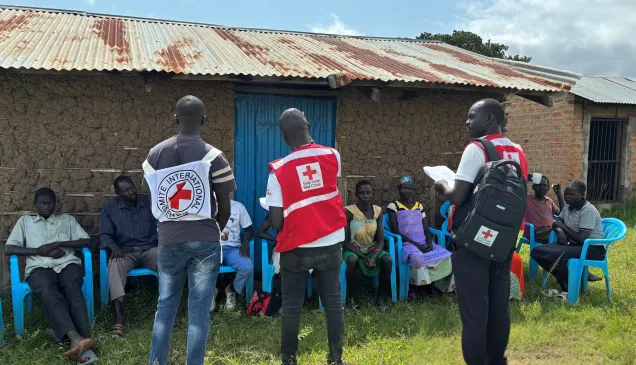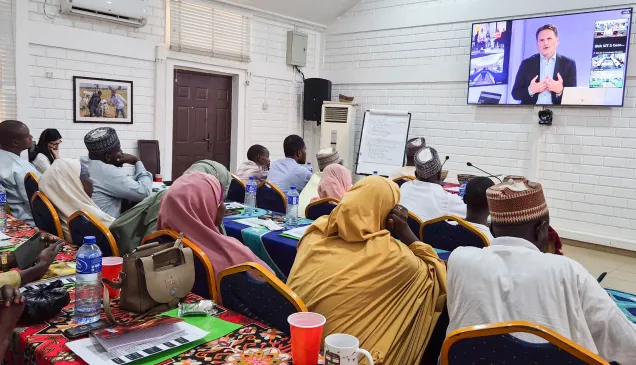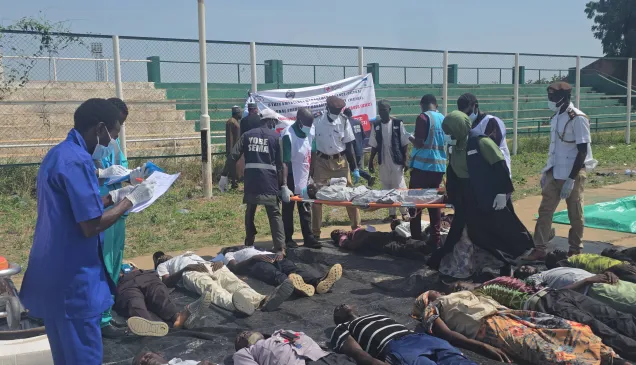Nigeria: Armed Conflict and Camp Closure Continues to Displace People in the Northeast
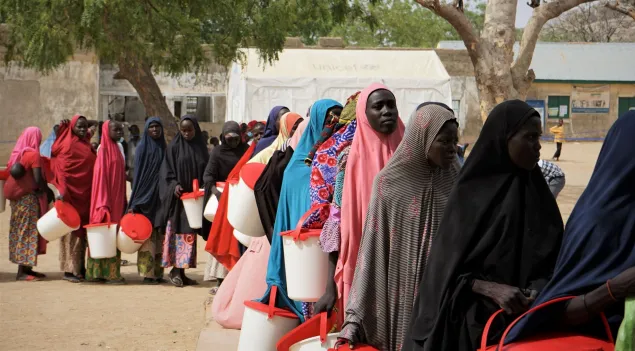
Over the past few months, the International Committee of the Red Cross (ICRC) has observed increasing humanitarian needs due to the movement of the population in parts of the Northeast.
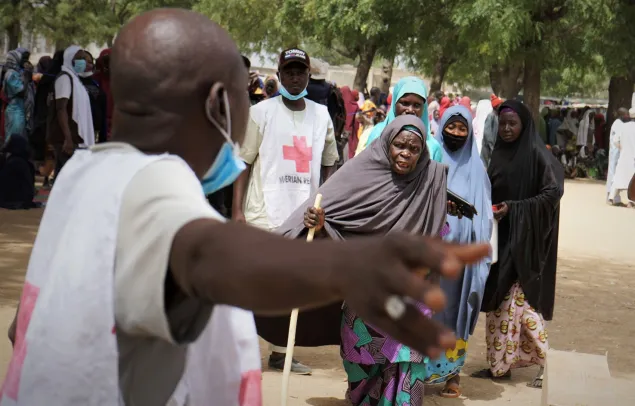
An elderly woman is directed by a volunteer of the Nigerian Red Cross Society
Vulnerable persons including elders, pregnant women, and children are most affected by the displacement. Since January 2022, the ICRC together with the Nigerian Red Cross (NRCS) distributed essential items to over 20,000 displaced people living in camps in northeast Nigeria
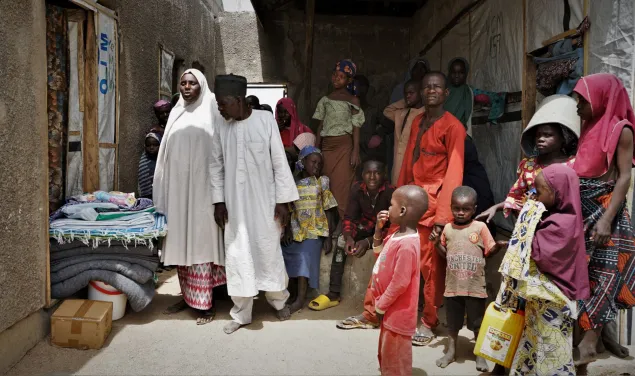
Fatima Mustapha (in a long white hijab) is one of the women who were assisted in Gwoza. As shelter is hard to come by, she is currently sharing her living space with other families.
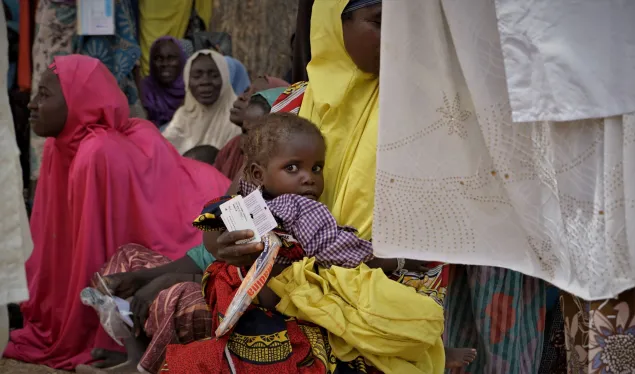
A young child holds on to her mother as they wait for their turn at the distribution centre
When fleeing conflict, families often get separated. In Gwoza, nearly 4,000 people have requested the help of the ICRC to look for their loved ones who are missing.
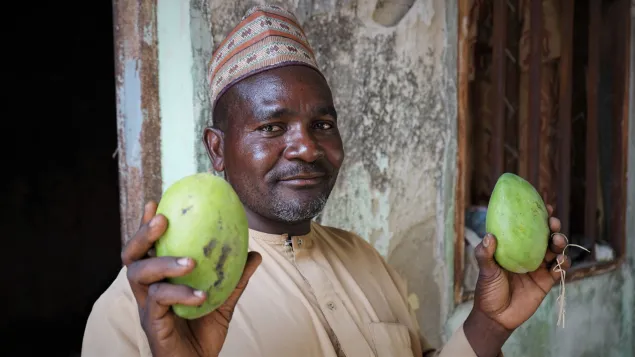
“I decided to come back to my home in Gwoza. I found it burnt and destroyed”, said Musa Hamman, a farmer. “I resumed farming, but I have limited access to my fields due to security constraints. Armed men have been looting my crops. Even if we could farm normally, with the number of people returning, we wouldn’t have enough to feed everybody.”
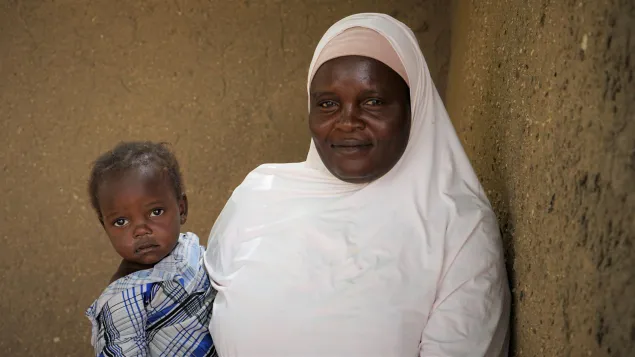
Jummai Mohammad recently returned to Gwoza with her family including her young children. They had left Bakassi camp in Maiduguri when the camp was closed late last year. Jummai told us that families here are struggling while going into the bush to get food and firewood is out of the question due to fear of being attacked by armed groups.
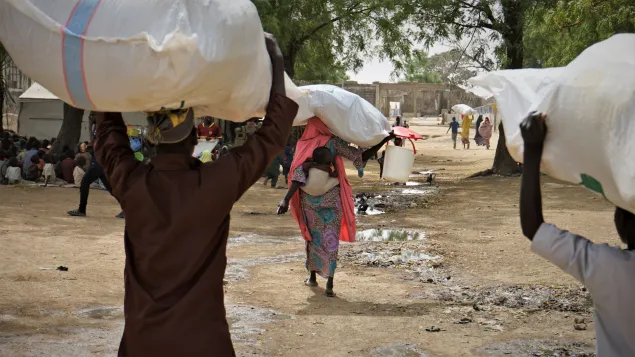
With the Nigerian Red Cross Society, we provide the most vulnerable families affected by the conflict with nutritional support for malnourished children, distribute essential household items, provide shelter and facilitate access to safe drinking water. We also support communities with sustainable livelihood opportunities and help them trace missing family members.
Thousands of people are fleeing to rural regions in northeast Nigeria. Following the closure of camps in Maiduguri, some people are returning home, while others are fleeing conflict-affected areas. This is putting a strain on the living conditions. The photographs in this collection were taken during our recent distribution of basic household necessities in Gwoza, which reached 4,179 people.

